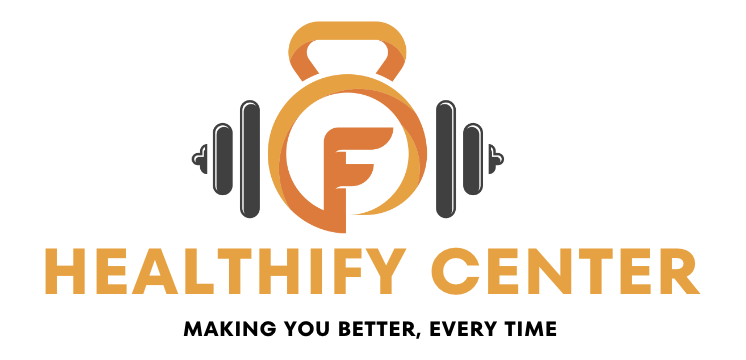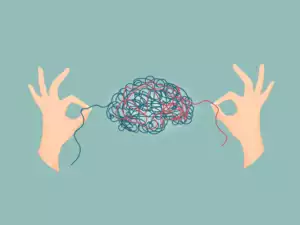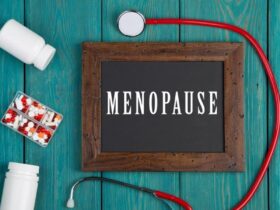United States: Nowadays, expectant, or new mothers encounter the likelihood of anxiousness, depression, or post-traumatic stress disorder diagnoses much more frequently than before, as per the health experts.
Despite that, an increased number of women are seeking treatment rather than suffering in silence, according to a study cited in the 1 April issue of Health Affairs Journal.
Stephanie Hall, a researcher, and a postdoctoral fellow at the University of Michigan Medical School, stated, “Taken together, these studies show a lot of movement in maternal mental health,” and, “The landscape is different, at least as far as our health care system’s ability to pick up on conditions and help people get treatment for them.”
Researchers studied pregnant women
Researchers examined data from private insurance claims files for the period of 2008 to 2020. They deliberately explored the disorders of depression and anxiety occurring during pregnancy or in the first year of motherhood. Thus, it was shown that the incidence of both these conditions were higher in new mothers.
By the end of 2020, 28 percent of women who were either pregnant or with a child less than one year only received a diagnosis of mood disorder at least once – an increase almost of the double of the rate observed in 2008.
Apart from this, health professionals observed that PTSD diagnosis rate among those expecting or just given birth in 2020 was 2 percent more than in 2019, which was quite concerning.
However, fortunately, the level of treatment that accompanied diagnoses was on the rise, the researchers added. The percentage of new and expectant moms who underwent the talk therapy sessions increased by 200 percent among women who were treated for anxiety, depression, or PTSD, as per the result of the study.
Rise in consumption of antidepressant

Antidepressant prescriptions similarly increased all around, and it was the group – in whom there was the diagnosis of mood disorder – where they rose fastest, as the researchers noted. In 2020, around 45 percent of the depressed patients associated to with birth were also prescribed with antidepressant drugs.
Kara Zivin, the researcher, and a professor with the University of Michigan Medical School said, “If anything, the rates we’re documenting for diagnosis and treatment are a floor, not a ceiling, based on what other studies have suggested about who is experiencing these symptoms,” and, “It’s important that those who are struggling get help, because not getting care has consequences.”
In fact, diagnosis, and treatment when it is done on time managed to stop most severe effects of mood disorders associated with the pregnancy, the outcome showed.
Findings of the study
In between 2008 and 2020, suicidal thoughts or actions by women in pregnancy or postpartum period more than doubled overall, but at the same time pregnancy and postpartum women who had pre-existing or had been treated for anxiety, depression or PTSD showed slightly less anxiety levels.
In a university news release, Zivin said, “Perinatal mental health has broad implications for babies and families,” and, “The changes we’ve documented in these studies will have ripple effects for years to come.”
Research seemed to point to the possibility that both the Affordable Care Act (ACA) and other regulations favoring psychological illness treatment played a role.
The marketplaces under health law for ACA began selling Health plans in 2014. The numbers of the women with mood-related diagnosis of pregnancy or postpartum increased remarkably by 2015. The authors also reported the surge of psychotherapy and antidepressive medicine prescriptions in women at that period.
Furthermore, revised guidelines have upgraded the screening and treatment with medications for women in pregnancy, as it was proposed by the researchers recently.
Although disparities in the diagnosis and treatment based on race might exist, this has not been noted by the researchers.
It was found that white women were mostly provided with antidepressant prescriptions during their pregnancies. However, this was not the case for black women.
Aside from this, whites may likely get misdiagnosed with PTSD during childbirth from pregnancy. Researchers stated that this incidence is higher in the black people.
However, the diagnoses of mood disorder among the African American mothers to be and new mothers as a group broke the record as the largest increase for the study period.













Leave a Reply